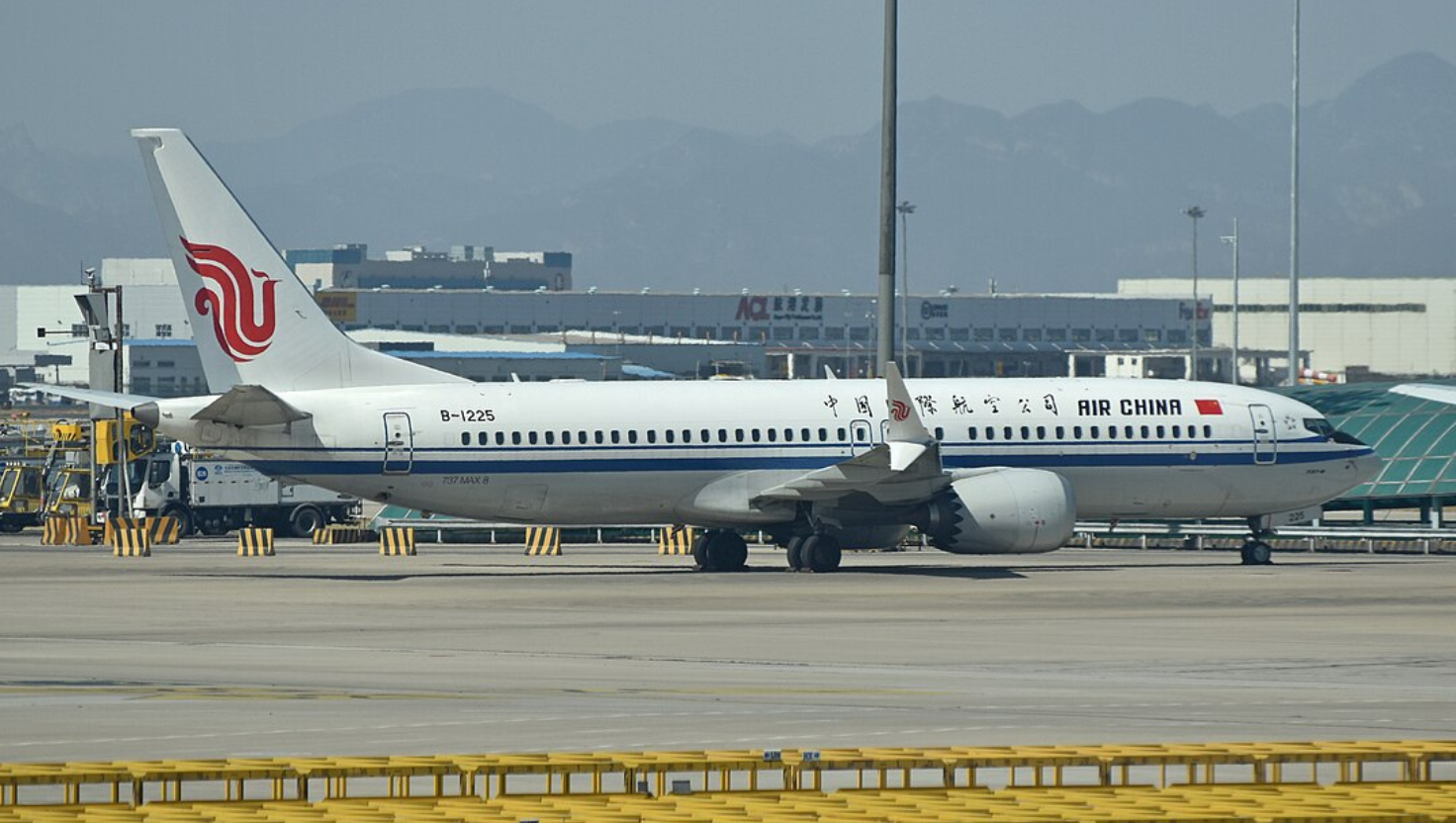China Suspends Delivery of US-Made Boeing Jet Amid Widening Trade War
In the latest escalation in the U.S.-China trade war, China has decided to withhold deliveries of American-built Boeing jets. This big blow affects not only Boeing, America's blue-chip company, but also portends more escalation of the economic competition between the two global superpowers. With the trade war yet to show any signs of slowing down, this move raises basic questions regarding the future of U.S.-China relationships and the world economy in general.
History of the Trade War
The U.S.-China trade war, which started in 2018, has been a sour economic struggle with tariffs, trade barriers, and incendiary political rhetoric. The war has been fought over trade imbalances, intellectual property theft, and unequal trade practices. Both the U.S. and China, being the world's two largest economies, have applied their economic power as leverage, and Boeing has been at the heart of the two nations' tensions.
Boeing, the U.S. aviation behemoth, is highly dependent on China for selling its aircraft. The country is a major market for Boeing's commercial jets, and the suspension of deliveries is a gigantic setback for the company.
What Happened to Boeing?
On April 14, 2025, reports emerged that China had suspended the delivery of U.S.-made Boeing aircraft to Chinese carriers. This action occurs as tensions within the trade war have been escalating, and it is broadly seen as a retaliatory move against U.S. policies, such as tariffs and trade actions. While the exact motive behind the decision remains unclear, it is largely viewed as part of China's response to U.S. actions it perceives as unfair or against its economic interests.
For Boeing, the implications are vast. China is one of its most profitable markets, and the suspension of deliveries will likely disrupt the company’s production plans and impact its bottom line. Chinese carriers will now look for alternatives, but this also intensifies competition for Boeing from European aerospace giant Airbus, which could benefit from the disruption in U.S.-China trade dynamics.
Reasons Behind China’s Decision
China’s suspension of Boeing jet deliveries is seen as a countermeasure in the broader context of the trade war. As the U.S. imposes tariffs on Chinese imports and curtails operations of Chinese companies like Huawei, China has sought ways to leverage its massive consumer market. By targeting Boeing, a prominent American corporation, China is sending a clear message that it is prepared to escalate the conflict and disrupt the global airline industry.
This move highlights China’s ability to wield economic power as a tool of political influence. As a reaction to U.S. actions, China has chosen to use strategic measures such as this to project its economic power on the global stage.
Effects on the Global Aviation Industry
The suspension of Boeing deliveries has profound effects on the global aviation industry. Chinese airlines, which had relied on Boeing for fleet expansion, will now face delays in receiving their new jets. This disruption could affect their growth and operational efficiency, especially as they had anticipated Boeing planes to meet increasing passenger demand.
However, while Boeing’s operations are jeopardized, Airbus stands to gain from the disruption. With Boeing sidelined in China, Airbus has a prime opportunity to capture a larger share of the Chinese market, further intensifying the rivalry between these two aviation giants.
Reaction of the U.S. Government
The U.S. government has strongly protested China’s actions, emphasizing its commitment to free trade and open access to international markets. U.S. officials are expected to engage with Chinese counterparts on the matter, but with the trade war showing no signs of slowing down, reaching a resolution may take time.
The Larger Context: Geopolitical Implications and Economics
This move is symptomatic of the broader escalation in U.S.-China trade tensions. The aviation sector, in particular, serves as a metaphor for global economic competition, and halting Boeing deliveries is just one of many moves in this ongoing geopolitical battle.
Apart from affecting American and Chinese carriers, the global economy at large will feel the ripple effects. This disruption is yet another confirmation of how tightly global trade and politics are intertwined and how trade hostilities can weigh heavily upon industries worldwide.
Conclusion: A Call for Diplomatic Solution
China’s decision to halt Boeing deliveries is a stark reminder of the ongoing trade war between the U.S. and China and its wide-reaching economic consequences. While both countries are still navigating these turbulent times, there is a growing call for diplomatic negotiations to address the issue. The global community, as well as the aviation industry, will be watching closely, hoping that the situation can be resolved, allowing for the restoration of normalcy and safeguarding the future of global trade.

